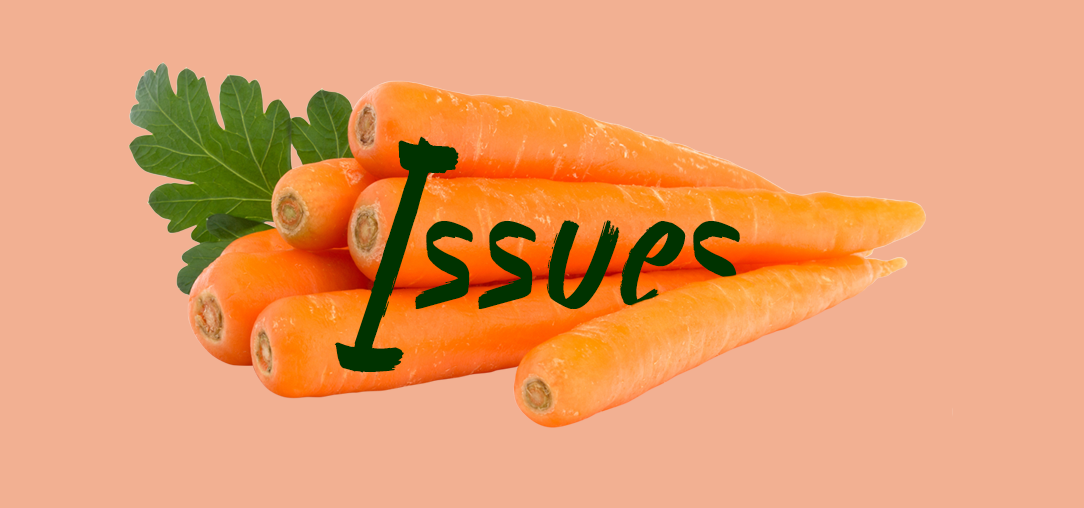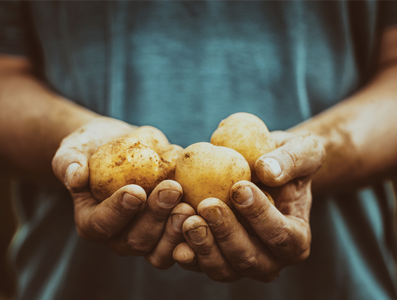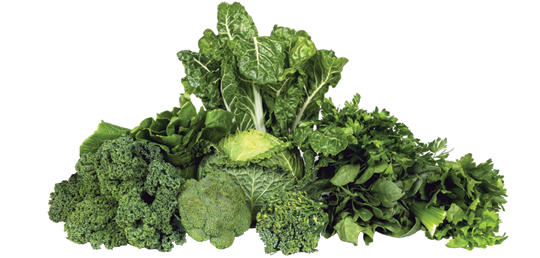The Current “Problem” with Margin
Currently, 5 multiple groups control over 90% of the retail market and there is a high level of price competition between these groups. Irish fresh produce growers are in a weak position to bargain for a fair price as many are competing with each other and often they have only sufficient scale to supply one of the supermarket chains. In recent years, this power imbalance has led to producers frequently obtaining prices that just cover the cost of production and often only achieving prices that fail to cover their production costs. The IFA has recorded a drop of 15% in the prices being paid by multiples for fresh produce over the past four years.
Multiples regularly employ low price promotions of fruit and vegetables to attract footfall, often selling produce near or below the cost of production. This practice undermines the value of fresh produce in the eyes of the consumer, making it increasingly difficult to achieve higher retail prices and reduces the potential for more sustainable margins in the future.
The above factors have contributed to a rationalisation in the number of commercial growers of fruit and vegetables in Ireland. Fortunately so far, the fall in production caused by exiting growers has largely been filled by existing growers increasing their production to fill the gap. However, unless those remaining in production can soon secure a level of price for their produce that provides an adequate living and the capacity to re-invest in their businesses, even these resilient growers will begin to exit the market.




